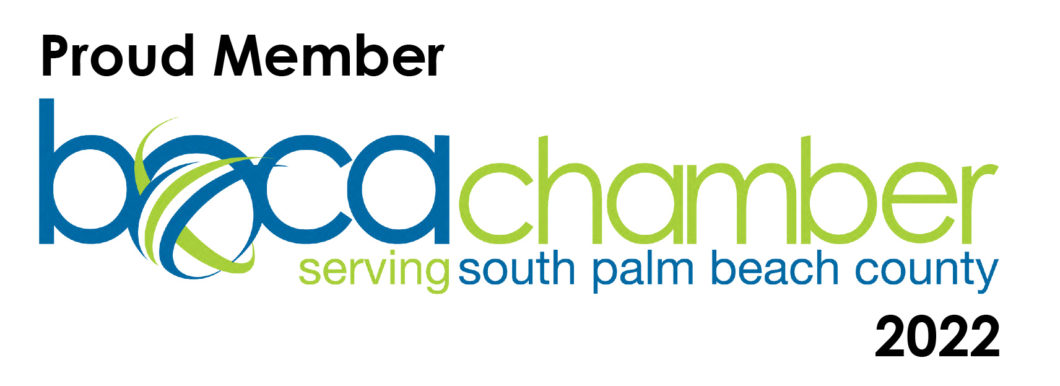Our hearts are heavy, and our thoughts and prayers go out to the Surfside victims, and their families. As a result of the tragedy, we have been receiving many inquiries from associations, and property managers, regarding how to proceed with respect to property inspections to ensure that the structural integrity of buildings is secure. Condo owners are understandably concerned, with some going as far as moving into a hotel until their building is inspected. As always, the safety of residents in buildings is of paramount concern. To that end, we have been working together with associations, and property managers, to proactively address any potential structural issues with buildings. We have been advising condo associations that contain buildings in excess of 5 stories that have not had a structural engineer analysis performed in the last 10 years to do so as soon as possible. This is separate and distinct from a reserve study, which is not a comprehensive analysis of the structural integrity of a building. A reserve study analyzes the common elements of a building to estimate how many years of “useful life” each common element has left, so the association can properly budget for future repairs and maintenance. For example, a reserve study will estimate how many years it will be before the roof of a building needs to be replaced. The best way to ensure the structural engineering of your building isn’t compromised is to have a structural engineer perform a comprehensive structural and electrical analysis, and prepare a detailed report.
If an association does not take proper measures to ensure the structural integrity of its building, and an issue arises in the future, not only may the association itself be sued, but its individual board members will likely also be sued. This is especially true if the association knew of the issues with the building, yet failed to act. For example, in the Surfside collapse, the president of the association warned residents in an April letter that the situation had “gotten significantly worse” since “major structural damage” was identified in a 2018 inspection. The president of the association urged them to support a $15 million dollar special assessment for repairs while acknowledging the work “could have been done or planned in years gone by.” While this is an extreme situation where the Board clearly knew of major structural problems that needed to be addressed for years, if there an issue with a building in the future where the association did not have actual knowledge of structural issues, that will not avoid a lawsuit, as a plaintiff’s attorney will likely argue that in light of the Surfside collapse, an engineering study should have been performed, and that performing such would have avoided the issue.
Please be advised that the typical time to have a structural engineer analyze a property, and prepare a report, is approximately 8 weeks. Given the fact that many communities are now ordering this, that timeframe will likely increase, as there are simply not enough qualified structural engineers to handle the precipitous increase in demand. This will also likely lead to an increase in price for the analysis and report.
As you may know, Palm Beach County does not have a building recertification process like Miami-Dade and Broward Counties. Miami-Dade and Broward Counties require structural and electrical safety inspections for condo buildings every 40 years. Inspections are carried out every 10 years and owners are required to fix any issues that are found. Palm Beach County is considering implementing a recertification process, as well as other rules and regulations, in light of the tragedy. Miami-Dade and Broward will likely be expanding their recertification process, and also implementing additional rules and regulations. Cities such as Palm Beach, and Boca Raton, have announced that they are considering implementing their own inspection protocols if the county does not act quickly enough, or enacts rules and regulations that the cities do not believe are strict enough.
This is likely going to be a very difficult time for condo associations, as the value of condos in South Florida is expected to decrease, at least in the short-term, as people have the Surfside tragedy fresh in their minds. We have been told by real estate agents that they are receiving phone calls from people desiring to sell their condo units, even at a discount, and that prospective buyers are now asking for hefty discounts, or have decided to move to homes, as opposed to buildings. Realtors have also advised us that their clients are requesting inspection reports before proceeding with purchases. Additionally, once the associations have their inspections done, and reports delivered, many will be faced with potentially hundreds of thousands of dollars of required repairs, which will have to be funded by special assessments levied on each unit owner. A special assessment is a one-time assessment for non-budgeted, unexpected situations, such as this. A special assessment can be tens of thousands of dollars per unit owner if major repairs are required – as noted above, the president of the Board in Surfside recommended a $15 million special assessment be imposed. If not paid by the unit owner, the special assessment can become a lien on the unit, and the association can foreclose on the lien, meaning the unit owner will no longer own the condo. A special assessment is particularly financially difficult for seniors, and others, living on a fixed income. This will also likely impact insurance coverage, and many insurance companies will likely require a stringent inspection protocol prior to insuring a condo building.
This is a very fluid situation, and we expect that the state, county, and municipal governments will be promulgating new laws, rules, and regulations with respect to inspections in the very near future. We are monitoring the situation to ensure that associations are up to date on all developments.
If you have any questions regarding what your association should do to protect itself from any issues with respect to the structural integrity of buildings, please do not hesitate to contact us at 561-207-2018, or rich@lubliner-law.com

 Don’t Let Your Condo Be The Next Surfside
Don’t Let Your Condo Be The Next Surfside 



